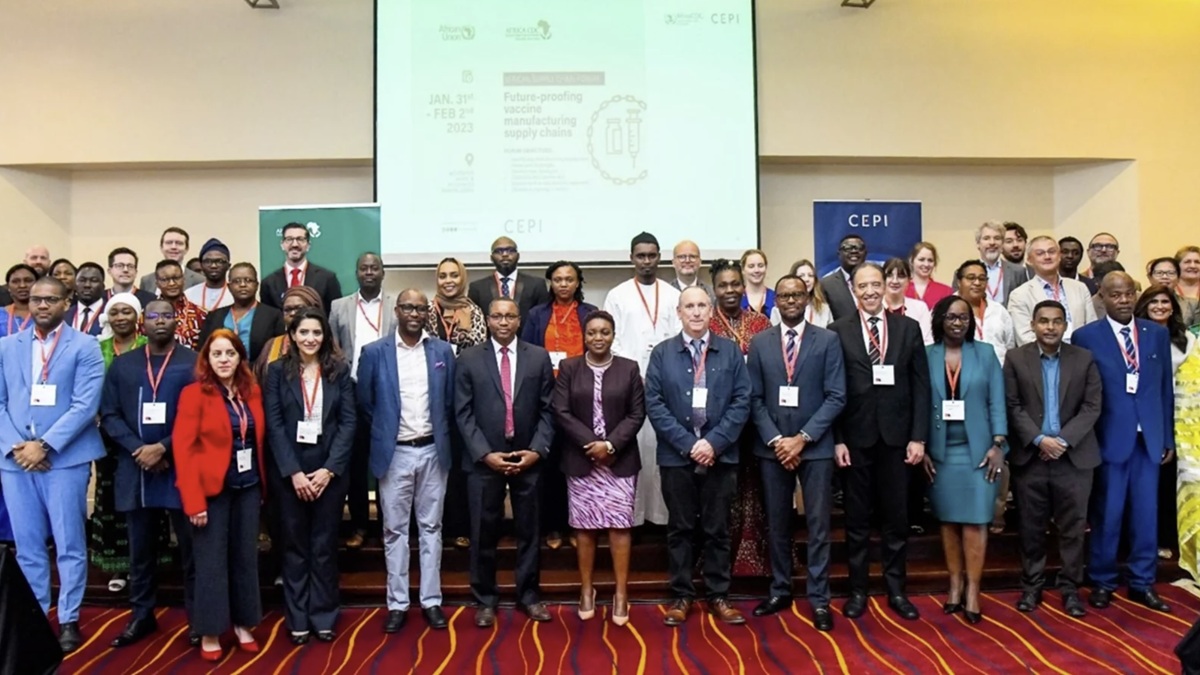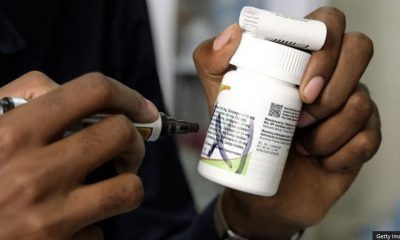Published
3 months agoon

By Matthew Downham, Director of Manufacturing and Supply Chain, CEPI & Abebe Genetu Bayih, Ag. Lead Local Manufacturing of Health Commodities, Africa CD
The COVID-19 pandemic exposed significant inequities in global vaccine access, particularly affecting Africa, where local manufacturing capabilities were insufficient to meet demand. By July 2022, for every three doses of COVID-19 vaccines delivered worldwide, only one reached Africa. This disparity underscored the continent’s dependence on external suppliers and donors.
To prevent such inequalities in the future, the African Union has set a bold target: by 2040, over 60% of the vaccines required for Africa’s population should be produced locally. Currently, this figure stands at just 1%. Achieving this goal necessitates not only increased manufacturing capacity but also a robust and sustainable supply chain for the specialized materials essential to vaccine production. CEPI is actively collaborating with Africa CDC and regional partners to establish a resilient supply chain capable of supporting both routine immunization programs and rapid responses to emerging health threats.
Vaccine manufacturing is highly complex, requiring up to 500 unique input materials for a single vaccine. These materials include sterile plastic bags, connectors, filters, single-use consumables, and critical raw materials. The logistical challenges of sourcing, transporting, and delivering these components across Africa are formidable.
In February 2024, Africa CDC and CEPI co-hosted the first African Vaccine Manufacturing Supply Chain Forum in Nairobi, Kenya. This three-day forum brought together experts to assess the region’s input material supply chain challenges and identify strategies to strengthen Africa’s vaccine manufacturing ecosystem.
Recent CEPI-funded research conducted by The MindCo explored solutions to address Africa’s vaccine supply chain constraints. Interviews with African vaccine manufacturers and input material suppliers highlighted several key challenges:
To overcome these barriers, several strategic solutions have been proposed:
As the threat of new and re-emerging viral outbreaks grows, ensuring a stable and locally supported vaccine supply chain is crucial for Africa’s health security. Africa CDC, with CEPI’s support, is committed to advancing the recommendations identified by vaccine manufacturers and suppliers. By implementing these strategic initiatives, Africa can move closer to achieving its goal of producing 60% of its vaccine needs locally by 2040, reducing dependency on external suppliers and bolstering the continent’s public health resilience.
SOURCE:https://africacdc.org/news-item/moving-forward-the-vaccine-supply-chain-in-africa/


Princess Margriet Breaks Arm After Fall at Charity Ice Skating Event


Foods That May Worsen Rheumatism – and How to Reduce Inflammation


Pope Francis Discharged from Hospital After Five-Week Stay


Top Immune-Boosting Beverages for Optimal Health


Sugar-Free Diet: How to Cut Sugar and Stay Healthy


Nigeria and Kenya Among Countries Facing HIV Drug Shortages, WHO Warns


Call for a Systematic Review of Germany’s COVID-19 Measures










